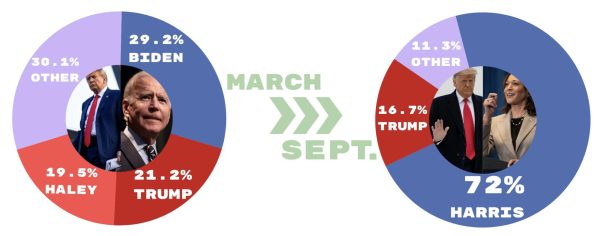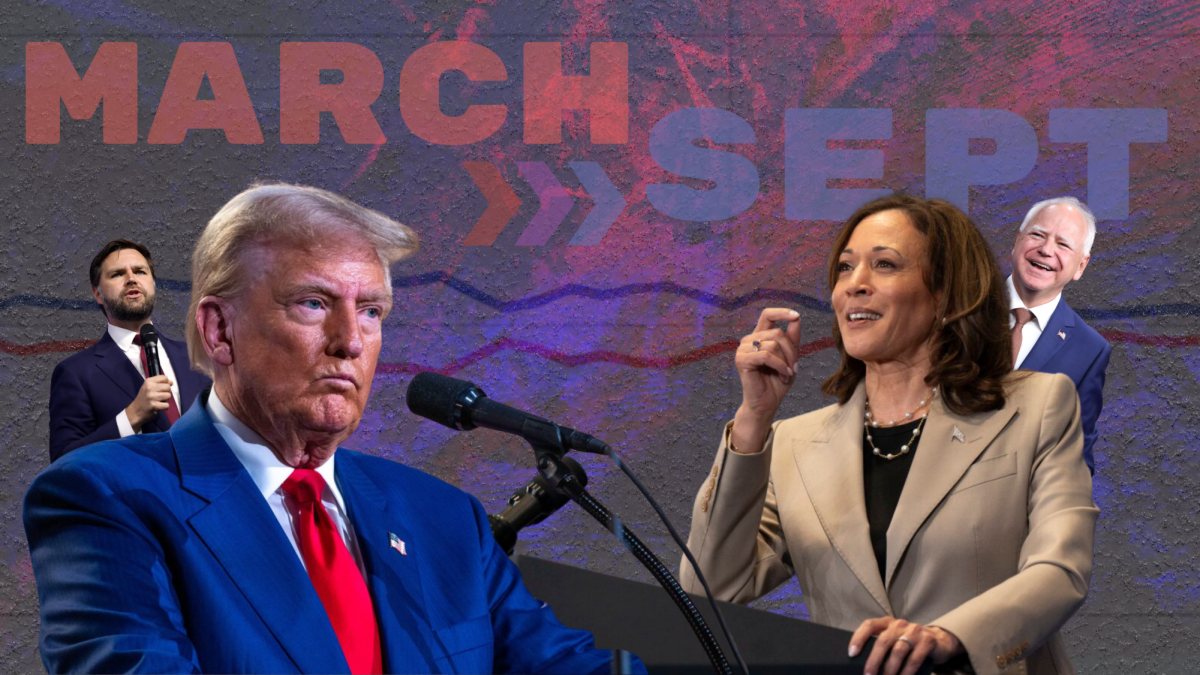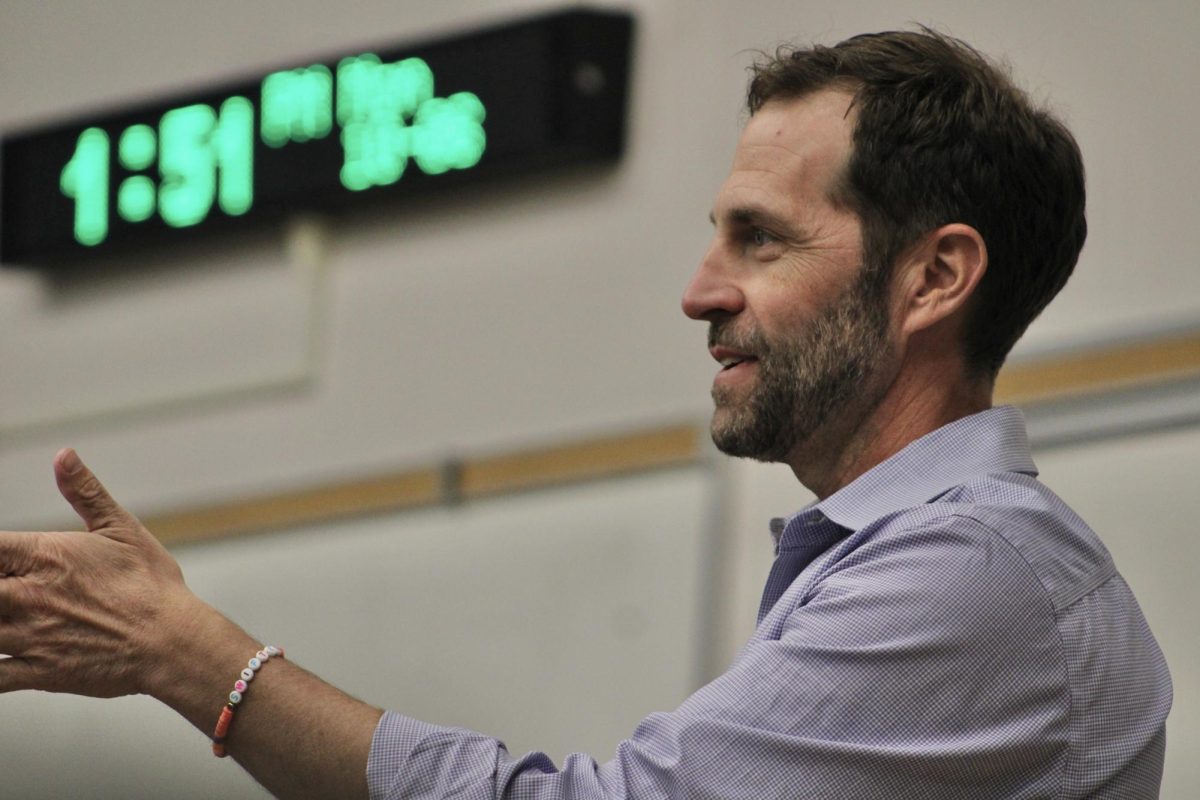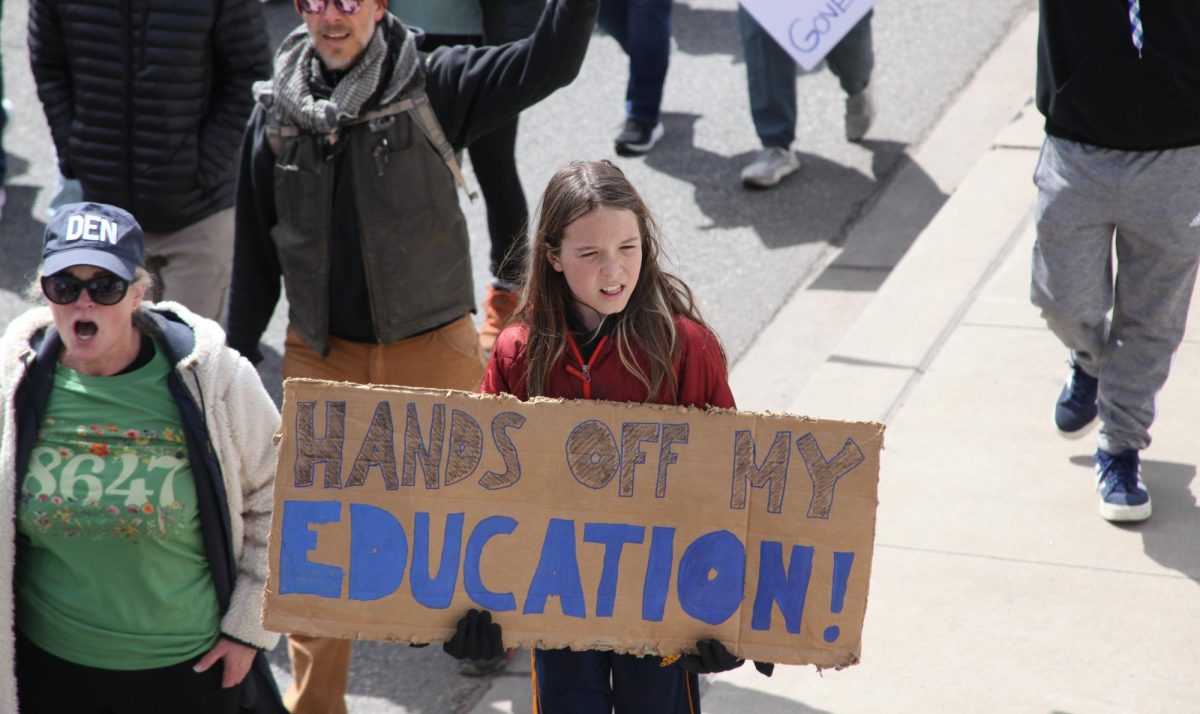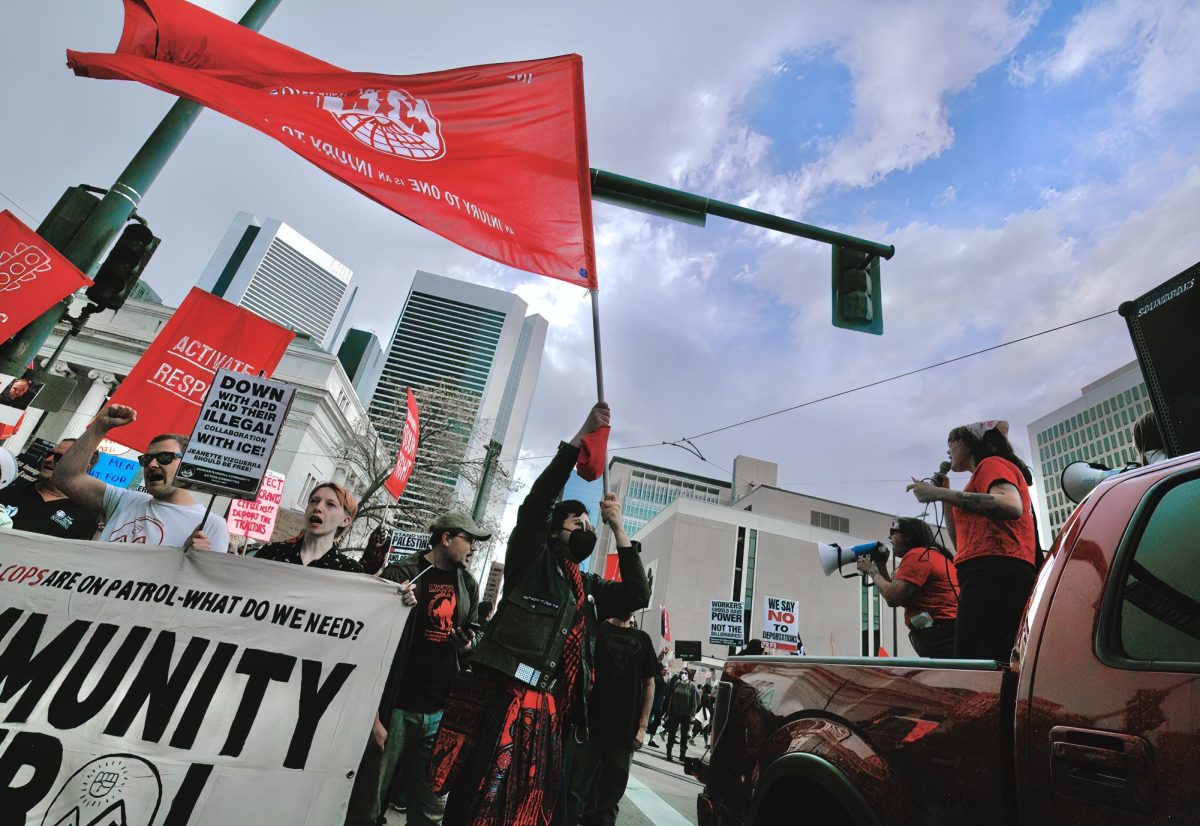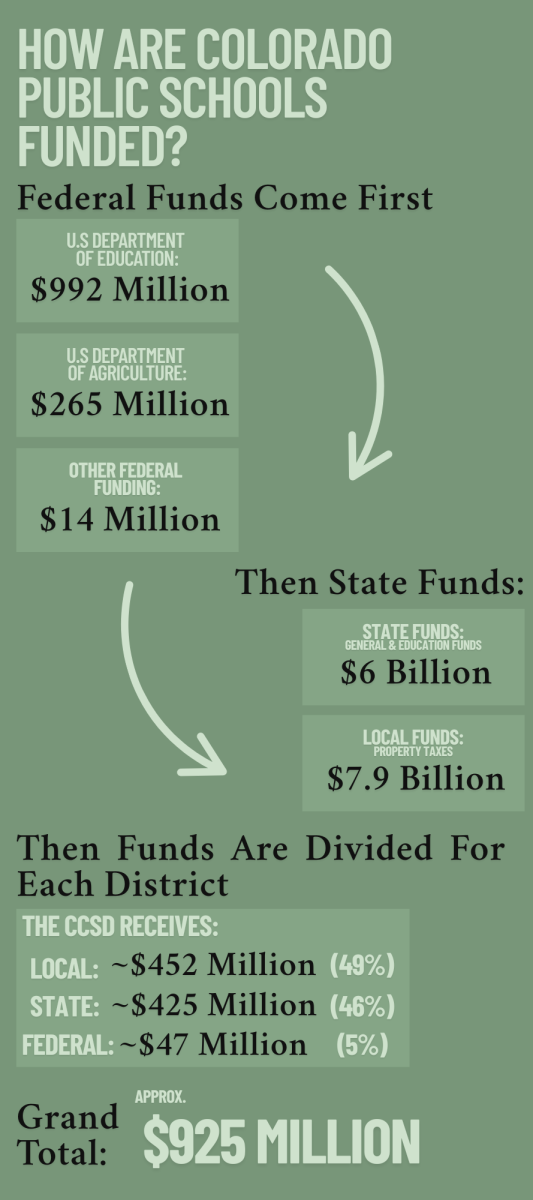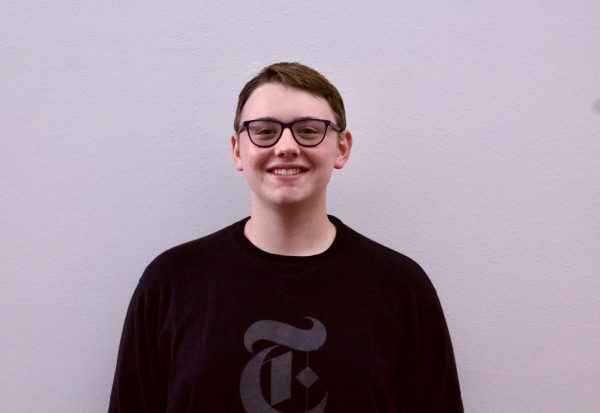The 2024 presidential election, between March and now, the 2024 presidential election has become arguably unrecognizable. President Joe Biden, in an exceptional move, dropped out of the running. The Democratic Party almost unanimously rallied around Vice President Kamala Harris for the new nominee, taking the internet and the American political landscape by storm. Three polarizing debates shocked the polls. Senator JD Vance (R-OH) and Minnesota Governor Tim Walz (D) stepped up as vice presidential candidates. Two assassination attempts and 34 felony counts all have been thrown towards Trump.
All of this in only six months.
“[Is the election] unprecedented in polarization? As a historian, the default answer is going to be no, because we don’t throw around ‘unprecedented’ easily,” said history teacher and Political Awareness Club (PAC) sponsor Thomas Michel. “But having a sitting president decide not to run for reelection after the primary process is over? Yeah, that is unprecedented.”
In March, the Creek community supported Biden over Trump, but with a very thin margin. “Other Candidate” was actually the most-picked option. According to the Pew Research Center, the matchup was unfavorable, and many Americans didn’t support either candidate, too.
Since then, most respondents took a stance besides voting “Other,” and Harris took a tremendous lead, with 74 percent of a September poll.
“Harris has re-energized a lot of voters towards being excited to vote. Many who were planning on voting for Biden just to keep Trump out of office are generally excited by the new candidate,” junior Meryl Welsh, the president of PAC, said. “She is essentially the opposite of Trump and campaigning on a platform of change, which gives many people hope.”
Senior Kimaya Kini has involved herself with the political world in many ways, including her presidency of the Creek Students Demand Action (SDA) club fighting for gun control, interning on congressional campaigns, and testifying for bills at the Colorado General Assembly.
PAC, SDA, and Kini all hope to not only inform students of the world around them, but produce more participation and voting, for those of age.
“It’s important for people to form an opinion, because federal policy affects everybody…the two candidates are radically different and you should be aware of it,” Kini said. “Even though you are just one vote, if everybody thought that way, no one would be voting.”
Welsh thinks that the candidate swap on July 21 not only pushed the polls blue, but also the general student viewpoint, which also pushed more people to participate in the election. “Harris is performing better in the polls than Biden on a variety of issues, and has the potential to move voters or student opinion over to a more democratic side,” she said.
A huge sway for Gen-Z is social media, and it has played a crucial role in the campaign so far. According to Kini, Trump was beating Biden at the internet game before the president suspended his campaign. Since then, Harris has taken an online advantage.
“Joe Biden was always trending for all the wrong reasons,” Kini said. “And so when Harris’s campaign came along, they made sure that she was trending.”
But Kini emphasized that people, especially young generations, need to research their chosen candidate, not just hop on a viral TikTok trend to follow them.
“I do think there is something to be said about when a campaign goes viral, people stop caring about the policy,” she said. “Being a charismatic candidate matters, but we should also be doing our best to educate ourselves on issues.”
Whichever way people do sway, Michel believes that the election could be higher for turnout than previous ones because of the divide forced wider by social media.
“This anger, hate, if you will, in some of the debates…now with [new] media, makes it so much easier to hear it over and over,” he said. “Social media makes it so much easier for the extremes, the far left and the far right, to be as angry as they want.”
